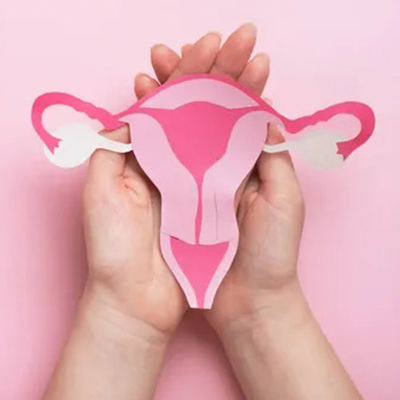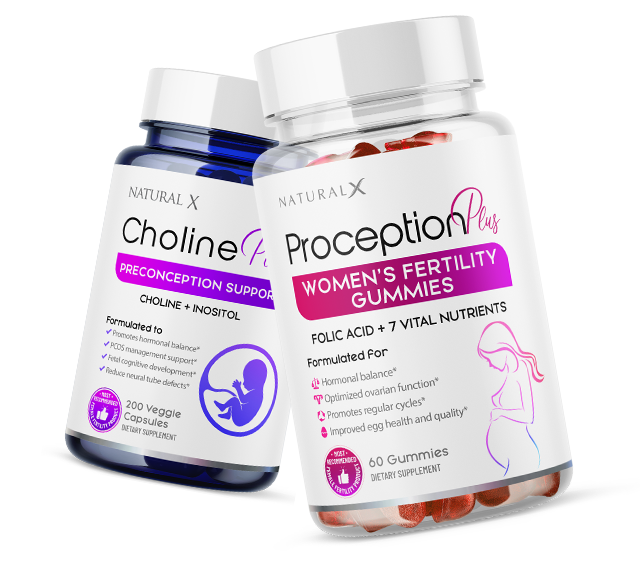Understanding Fertility
The Science of Fertility
Fertility in women is a complex process. It involves the production of viable eggs in the ovaries, their release (ovulation), and the capacity of the fallopian tubes to transport the egg to the uterus where it can be fertilized. Hormones play a pivotal role in regulating these processes.

Common Fertility Issues in Women
Common issues with fertility can include irregular ovulation, blockages in the fallopian tubes, and issues related to age, among others. While medical intervention is sometimes required, there are also natural methods that can support a woman’s fertility.
Role of Nutrition in Fertility
Importance of a Balanced Diet
Good nutrition plays a crucial role in reproductive health. Certain nutrients are key to producing healthy eggs, regulating hormones, and supporting overall fertility.
Nutrients Essential for Fertility
Essential nutrients for fertility include antioxidants, B vitamins, Vitamin D, and Omega-3 fatty acids, among others. These nutrients can help protect egg health, regulate hormones, and reduce inflammation, which is beneficial for fertility.
Fertility Supplements
Benefits of Fertility Supplements

Fertility supplements can provide concentrated amounts of these essential nutrients, supporting overall reproductive health. They can improve hormonal balance, promote regular ovulation, and enhance egg quality, thereby increasing the chances of conception.
Top Fertility Supplements for Women
Coenzyme Q10 (CoQ10): Known for its antioxidant properties, CoQ10 can help protect the eggs from damage and improve their quality.
Vitamin D: Often known as the ‘sunshine vitamin’, it is important for hormonal balance and overall fertility.
Omega-3 Fatty Acids: They help regulate hormones and are beneficial for overall reproductive health.
Precautions and Side Effects
Potential Risks of Fertility Supplements
While fertility supplements can support reproductive health, they are not without potential risks. They can interact with other medications and may have side effects such as nausea or upset stomach.
Consulting with a Healthcare Professional
Before starting any supplement regimen, it’s important to consult with a healthcare professional. They can provide personalized advice based on your unique needs and circumstances.
Conclusion

Fertility supplements can offer a natural way to enhance fertility. However, they are not a guaranteed solution and must be used as part of a holistic approach to reproductive health that includes a balanced diet, regular exercise, and medical advice as needed. Remember, every woman’s fertility journey is unique.
FAQs
What are the most effective fertility supplements for women?
Some effective supplements include CoQ10, Vitamin D, and Omega-3 Fatty Acids. However, it’s always best to consult with a healthcare provider before starting any supplement regimen.
Can I take fertility supplements without consulting a doctor?
It’s highly recommended to consult a healthcare professional before starting any supplement regimen, as they can interact with other medications and have potential side effects.
Do fertility supplements guarantee pregnancy?
No, fertility supplements can support reproductive health and increase the chances of conception, but they cannot guarantee pregnancy.
Can I take fertility supplements with other medications?
Some supplements can interact with other medications, so it’s important to consult with a healthcare professional before starting any new supplement regimen.
Are there any side effects to fertility supplements?
Potential side effects can include nausea or upset stomach. Always consult a healthcare professional if you experience any adverse reactions.



